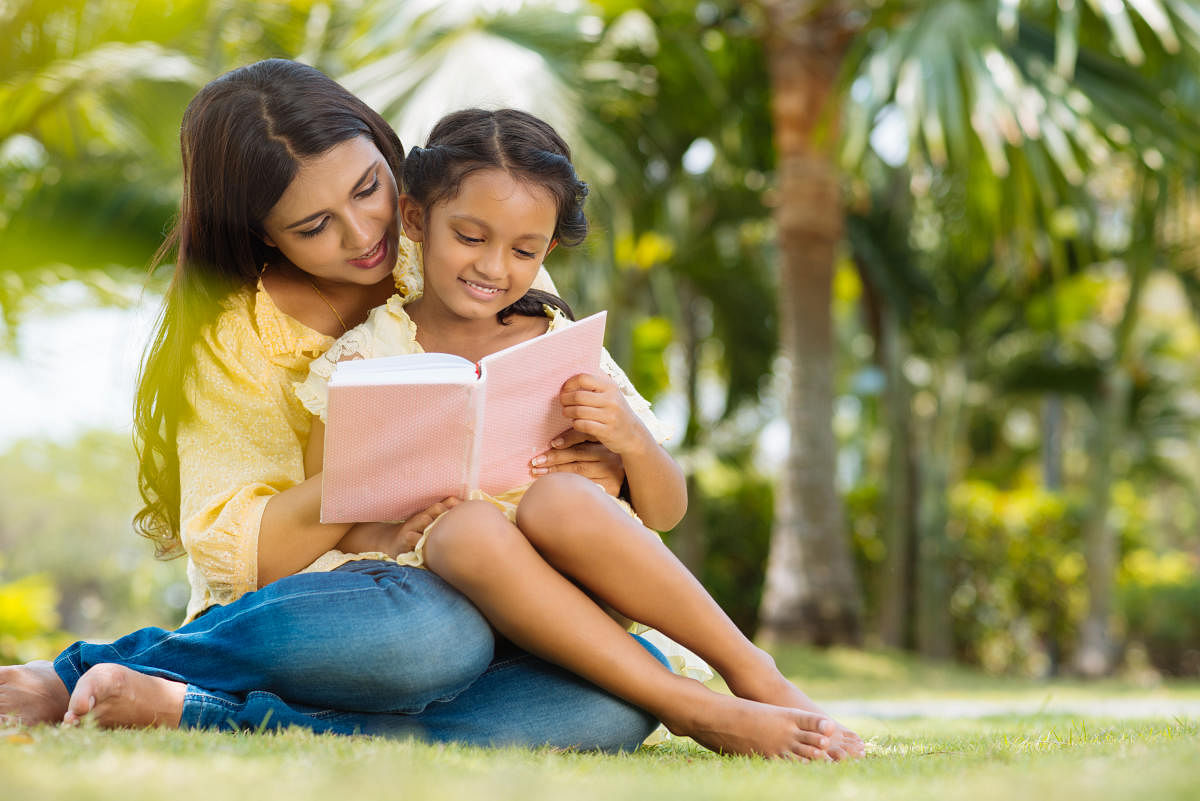
Is there much to understanding writing for children? Is it worth discussing? There is, in fact, more to understanding writing for children than might initially meet the eye.
The fact is, good writing for children shares many qualities with good writing for adults. For instance, good books have worthwhile themes, sparkling language and unforgettable characters. They are also worthy of re-reading, are a source of insights and confusions that lead readers into observing and understanding life, and themselves better. If it is a book of non-fiction, we would expect it to not just be accurate in facts, but imaginative, appealing and appropriate in presentation of content.
Exploring different issues
But, you might argue, tastes differ. In the field of children's literature, this is a very significant issue. We are not talking just about differences in taste but about differences in tastes between adults and children as well! Can adults be valid judges of quality in children's books? Children's books are usually written by adults for children. The adults then have the power to determine 'good writing' for children by giving out awards. You might think that the answer is simple - ask children what kinds of books they like, and give the awards to those books.
But consider this - most children may prefer noodles for dinner, but many adults will serve more nutritious meals despite children's preferences. Would this analogy apply to making judgments about good writing for children? Should we select and serve 'nutritious' writing, despite our children's urge for books without much intrinsic literary value? Should we try to shape our children's tastes about good writing and good books?
But if we try to shape our children's tastes about books, are we looking for writing that educates our children about some worthy social cause? For example, should publishers flood the market with worthy efforts to help our children understand issues such as gender equality? Would writing for children be considered to be 'good' if it is politically correct? Clearly, this is not true. Various juries often discard books that were very 'correct' and 'worthy', but lacked the spark of good writing.
We are fairly united in our idea that good writing for children needs to be historically and socially sensitive. Children, we conclude, cannot be permitted to grow up on casual indoctrination through books, but must be given opportunities to examine social issues with sensitivity.
What about dark issues like violence, loss, grief? Do these have a place in writing for children, or should we shield and protect children from all darkness? The answer lies in the grey zone, and the greyness varies depending on the age of the children the book is intended for.
But, there is definitely space for some darkness in children's books, if books are indeed a reflection and extension of life! After all, many of us have grown up on stories from Hindu mythology which contain elements of violence, loss, grief and even sexuality.
Make reading interactive
In my work as a teacher educator, I am routinely asked - how can schools, teachers and parents facilitate children's engagement with books? There is one cardinal rule that applies here - children learn by observation, not by what you tell them to do. They observe us more closely than we realise and learn from what we do, not what we say. Are you a reader? Does your child's school value the habit of reading? Do the adults that the children regularly interact with, share and discuss books in a knowledgeable manner with them? If not, my recommendation is to start there. For instance, you could definitely stock your library with a wide variety of interesting books across different genres.
But, stocking your library well is not enough. You need to engage children in reading these books through a variety of ways. Perhaps you could have book talks as a regular part of the school day. For instance, one period can be dedicated to allow children briefly share a little about the books they have recently read with each other. Encourage the children to look closely. Don't look for right answers but encourage children to express their genuine thoughts about the book.
These could happen in informal ways at home too where parents and children discuss books that they have read together. As a mother, I tell my children about books I am currently reading, why I enjoy them, or not. They are encouraged to see reading as a valuable life habit, and not just as something that is good for them or has educational value. This, in short, is the answer to engaging children successfully with books.
(The author is with Azim Premji University, Bengaluru)